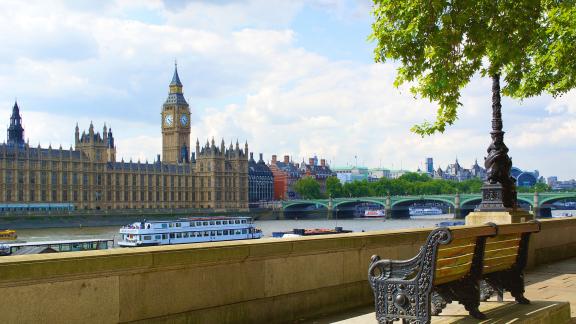NHS Confederation responds to Chancellor's Spring Budget

Responding to the Chancellor’s Spring Budget, Matthew Taylor, chief executive of the NHS Confederation said:
“This latest budget has features that many health leaders will welcome, but with a revenue settlement which is at best flat in real terms against a backdrop of significant deficits and universal pressures across the NHS it means that 24/25 is going to be another incredibly tough year for the health service and for patients.
“The £3.4bn additional investment in technology over the next Parliament has the potential to improve patient care and staff productivity as it will help to replace outdated IT systems that keep those on the frontline from spending more time with patients. Meanwhile, extending Electronic Patient Records to all hospitals will help to support joined up care across services.
“However, bigger productivity gains will only be realised if the NHS’s crumbling estates are addressed too. This is why we have called for a £6.4bn annual capital funding increase for the NHS. Some of this may be covered by the Government's NHS productivity plan, but new computers sat in outdated estates is far from ideal and much more funding will be required.
“The promised £2.5bn boost for NHS budgets next year will scarcely touch the sides as the service faces the triple threat of ongoing industrial action, significant waiting lists and uncertainty over staff pay. This also raises eyebrows over how achievable the new productivity target may end up being without greater investment. Rather than improve the situation, this may just about stop things from worsening.
“Given the Chancellor’s health background, NHS leaders had hoped to see more recognition for the situation they are up against with full funding of the workforce plan and greater investment in primary and community care so that they can carry out the important prevention work that will mean so much to the NHS in years to come.
“In previous years unrealistically tight revenue settlements like this have been followed by in-year emergency top ups that are overly prescriptive and inefficient, this is not the way to plan for the future or improve productivity. NHS leaders hoped that the Chancellor would have stopped this from happening today.”
About us
We are the membership organisation that brings together, supports and speaks for the whole healthcare system in England, Wales and Northern Ireland. The members we represent employ 1.5 million staff, care for more than 1 million patients a day and control £150 billion of public expenditure. We promote collaboration and partnership working as the key to improving population health, delivering high-quality care and reducing health inequalities.



